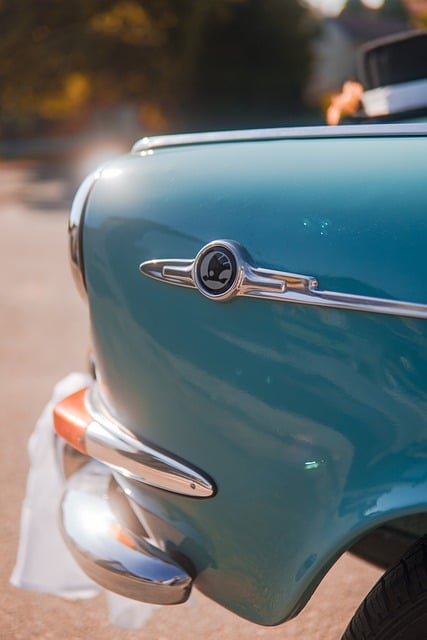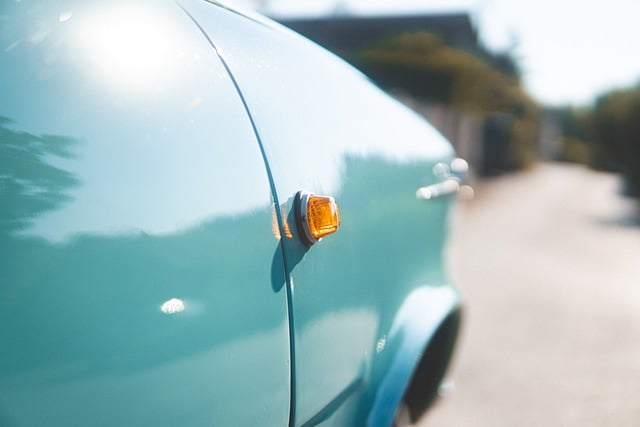Enclosed car transport is a specialized service that protects classic cars during shipping by offering a secure, weatherproof environment. Popular among owners moving their vehicles across state lines, it minimizes damage from dust, rain, and extreme temperatures, preserving finishes and interiors. Comprehensive documentation, including a bill of lading, Vehicle Registration or Title documents, and insurance information, is required for legal compliance and protection during transit. Choosing a reputable shipping company specializing in vintage vehicles, proper crating, and pre-transport documentation are key to ensuring the safe arrival of classic cars.
Shipping classic cars across state lines requires careful consideration, especially when opting for enclosed car transport. This method offers enhanced protection for valuable vehicles during transit. From understanding specialized shipping methods to navigating legal documentation and ensuring safe handling, this guide covers everything you need to know. Discover the benefits of enclosed car transport, learn about critical legal aspects, and get practical tips to ensure your classic vehicle arrives safely and securely.
- Understanding Enclosed Car Transport for Classic Cars
- Legal Considerations and Documentation for Shipping Across State Lines
- Tips for Ensuring a Safe and Secure Journey for Your Classic Vehicle
Understanding Enclosed Car Transport for Classic Cars

Enclosed car transport is a specialized service designed for classic cars, offering an extra layer of protection during shipping. Unlike open-top or open-bed transports, enclosed carriers provide a secure, weatherproof environment, crucial for preserving vintage vehicles’ delicate finishes and interiors. This method is particularly popular among classic car owners who wish to move their prized possessions across state lines without exposing them to potential damage from elements like dust, rain, or extreme temperatures.
Enclosed Car Transport ensures that your classic car travels in a safe, controlled space, minimizing the risk of scratches, dents, or other cosmetic issues. These transports are typically designed with custom cradles and padding to secure the vehicle, ensuring it remains stable during transit. This level of care is essential for maintaining the value and integrity of classic cars, making Enclosed Car Transport a preferred choice for serious car enthusiasts looking to ship their cherished vehicles safely.
Legal Considerations and Documentation for Shipping Across State Lines

When shipping a classic car across state lines, understanding legal considerations and proper documentation is crucial for a smooth process. Different states have varying regulations regarding vehicle transportation, especially for antique or classic cars that may have unique features or modifications. The first step is to familiarize yourself with the rules and requirements of both the origin and destination states. This includes checking for any specific permits or certifications needed for interstate transport.
For enclosed car transport, which is often preferred for precious classics due to protection from elements and other potential damage, you’ll need comprehensive documentation. This typically includes a bill of lading, which serves as a legal contract between the shipper and carrier, detailing the vehicle’s condition, pickup and delivery points, and insurance information. Additionally, a Vehicle Registration or Title document, along with proof of insurance, should be readily available to ensure compliance with state laws and protect your investment during transit.
Tips for Ensuring a Safe and Secure Journey for Your Classic Vehicle

When shipping a classic car, ensuring its safety and security is paramount. Opting for enclosed car transport is a wise choice, as it provides an additional layer of protection against potential damage during transit. This method offers your prized possession a secure, weather-proof environment, shielding it from direct exposure to elements that could harm the paintwork, interior, or delicate mechanical parts.
Choosing a reputable shipping company specializing in classic cars is crucial. Look for carriers with experience in handling vintage vehicles, equipped with knowledgeable staff who understand the unique needs of these cherished machines. Proper crating and securing of your car within the transport vehicle are essential steps to prevent shifting during transit, which could result in significant damage. Remember to document the condition of your vehicle before shipping, capturing detailed photos for insurance purposes and peace of mind.
Shipping classic cars across state lines involves careful planning and the right approach. By utilizing enclosed car transport, you ensure your vehicle’s safety during transit, protecting it from potential weather conditions and road hazards. Legal documentation is crucial to avoid any issues at checkpoints, so make sure to gather all necessary papers before embarking on this journey. With proper preparation and these tips in mind, shipping your classic car can be a smooth and secure process, allowing you to focus on the excitement of reaching your destination.
